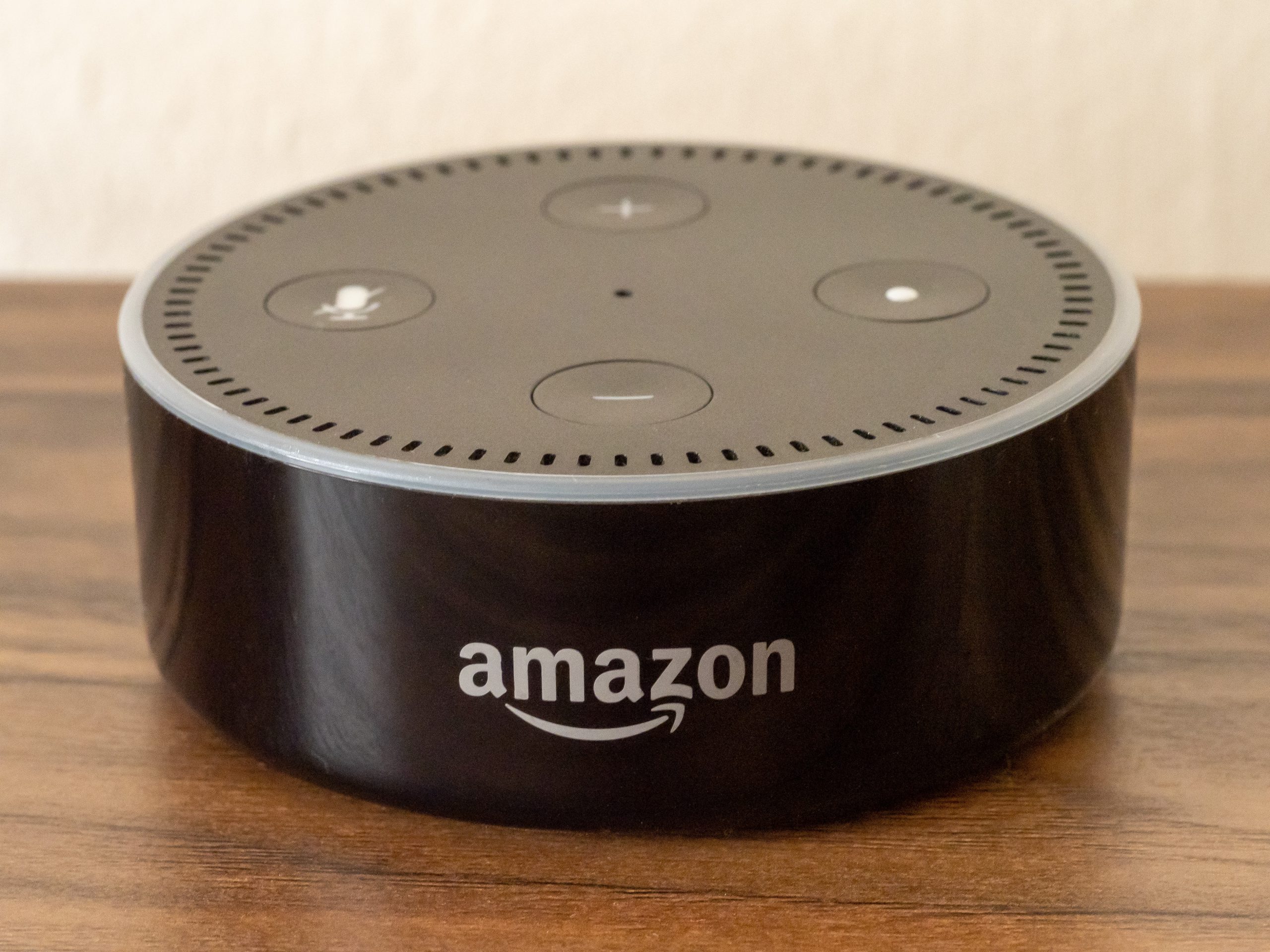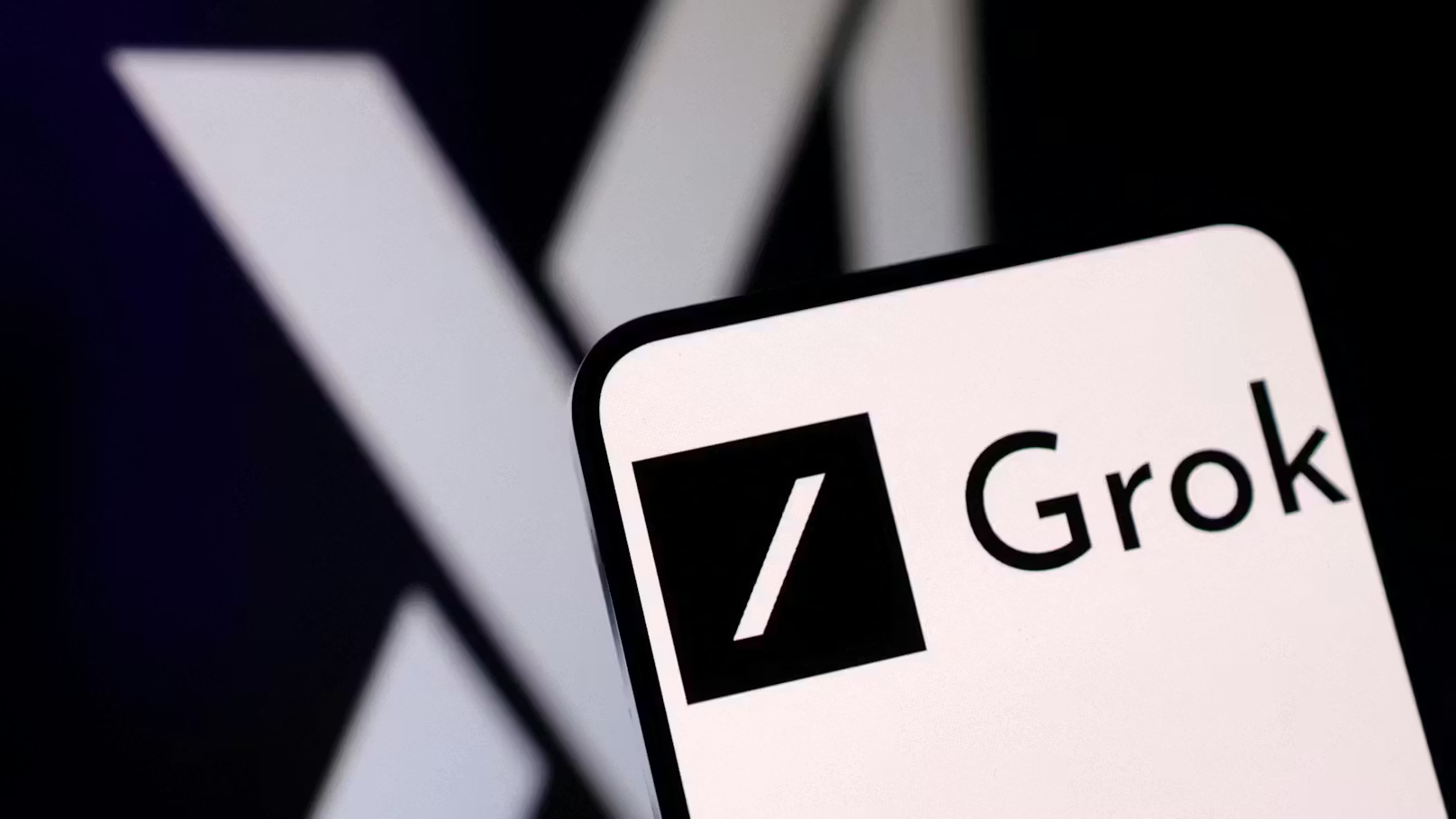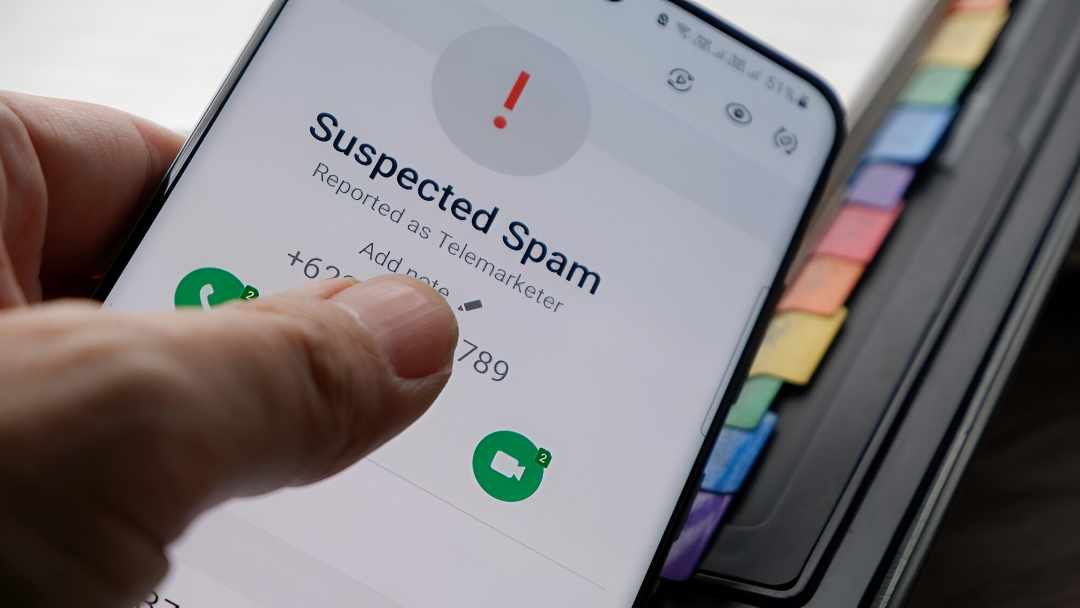Your Alexa dims the lights while your Google Nest adjusts the temperature, but this isn’t convenience—it’s surveillance capitalism with a friendly voice. Behind every “Hey Google” and “Alexa, play…” lies an invisible war between tech giants, each fighting to colonize your most private space with data-hungry devices.
The Data Collection Arms Race
Amazon’s Alexa collects 28 out of 32 possible user data points, while Google Home grabs 22—far more than your average app collects, according to Surfshark’s 2024 smart home study. Voice recordings, precise location data, contact details, even health information gets funneled into corporate profiles. These aren’t just smart speakers; they’re intelligence-gathering operations disguised as household helpers, transforming your daily routines into commodified data streams.
Even Your Coffee Maker Is Spying
That connected Keurig? It’s harvesting up to 19 sensitive data categories from your morning routine. Research shows one in ten smart home apps extensively track users for behavioral profiling, turning your daily habits into marketing gold. When your coffee maker knows more about your schedule than your calendar app, you’ve crossed into surveillance territory that would make privacy advocates cringe.
Security Theater in Connected Homes
While companies battle for your data, they’re leaving the back door wide open. Most devices ship with weak default passwords and poor encryption practices. Firmware updates happen rarely, if ever. Your smart doorbell might alert you to package thieves while potentially exposing your network to actual criminals through security vulnerabilities. It’s like installing a state-of-the-art security system with flimsy locks.
Your Home, Their Territory
Individuals should actively seek and use privacy settings, manage app permissions, and understand the data security policies of their smart home devices. Yet these settings remain buried in sub-menus that feel designed to discourage use. Companies nudge you toward data-sharing defaults while making privacy protection feel unnecessarily complex. You’re not the customer—you’re the territory being conquered, one smart device at a time.




























